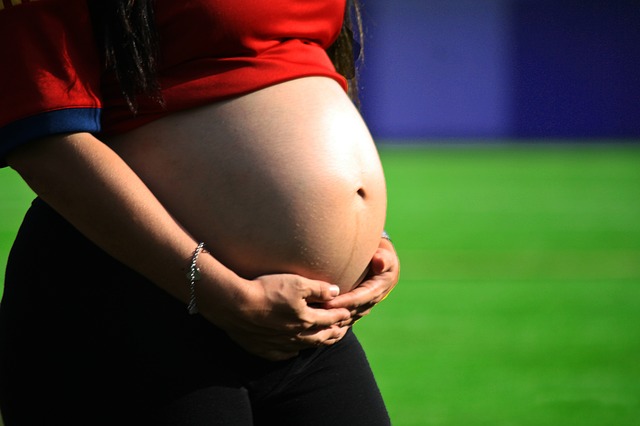An article from KTLA reports pregnancy alters the size and structure of brain regions involved in understanding the thoughts, feelings, beliefs and intentions of others.
According to a study published in Nature Neuroscience, many changes in the brain can last approximately two years after giving birth. Elseline Hoekzema, the co-lead author of the study and a senior brain scientist at Leiden University in the Netherlands, stated that
In rodents it is known that some of the changes in brain and behavior following a pregnancy last until old age. In humans, however, it’s not clear.
Hoekzema followed the participants in her study for two years only.
Hoekzema and Erika Barba-Müller, co-lead author and a psychologist, began the study while working together at Autonomous University of Barcelona. They had 25 women who became mothers for the first time and 19 of their male partners undergo MRI brain scans. After completing their pregnancies, these same participants were re-scanned. To compare, 20 women who had never given birth and 17 of their male partners were also scanned at the same time intervals.
The results of the MRI scans revealed that the new mothers showed a loss of gray matter in several brain areas that are associated with social cognition, a form of emotional intelligence. The researchers clarified that while the changes were clear, how to interpret them is not.
“Loss of volume does not necessarily translate to loss of function,” stated Hoekzema, “Sometimes less is more.” She explained further that the loss of gray matter could “represent a fine-tuning of synapses into more efficient neural networks.”
Reduction in gray matter occurred in various regions of the brains of pregnant women, including the prefrontal and temporal cortex. Dr. Kim Yonkers, a professor in psychiatry and obstetrics and gynecology at Yale School of Medicine who was not involved in the new study, suggested that changes in these areas may help women forget the pain or difficulty of pregnancy.
“At this point the results are associative,” said Yonkers. It remains unknown whether changes last beyond two years, she added, and that “we don’t know what happens with multiple pregnancies.”
























